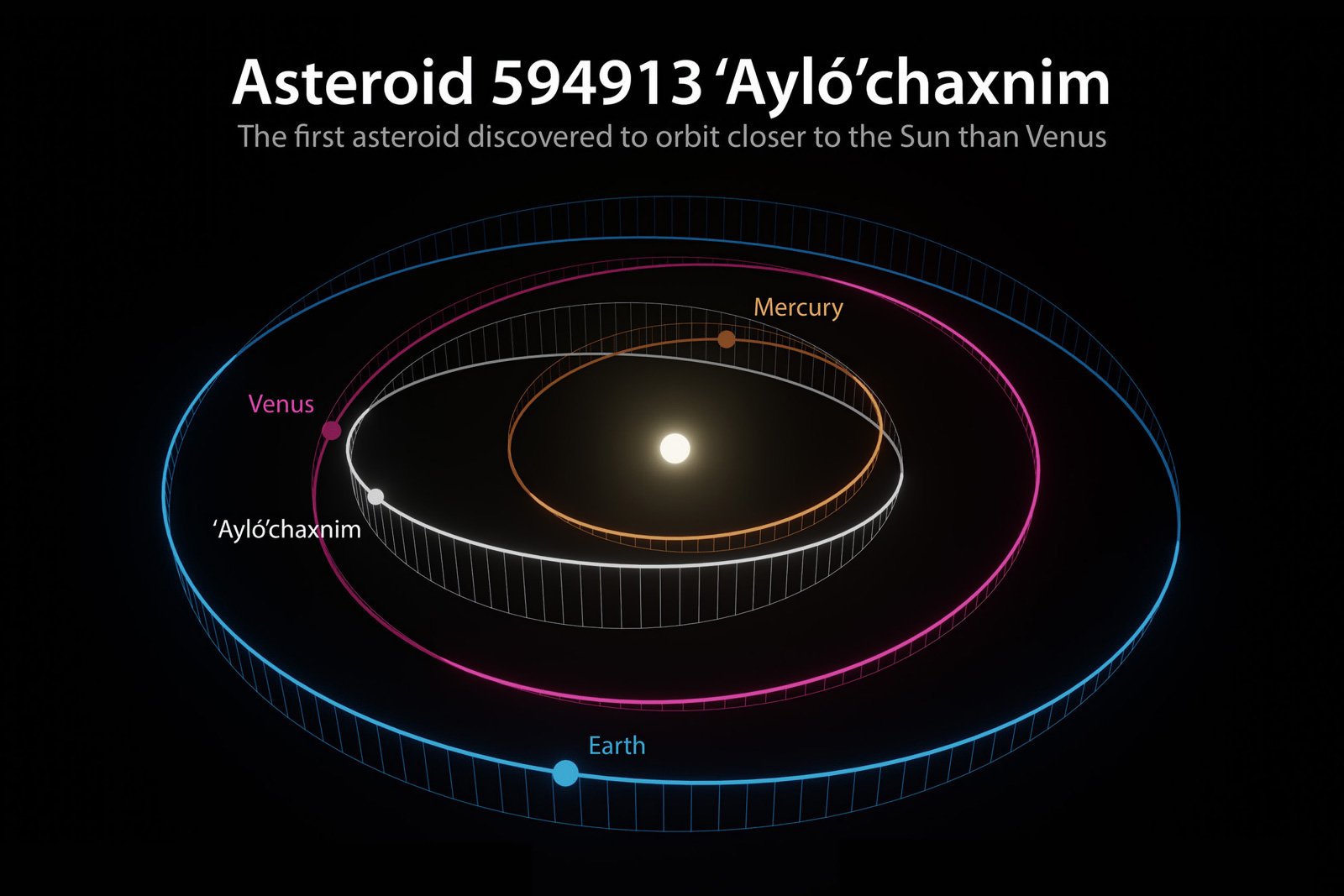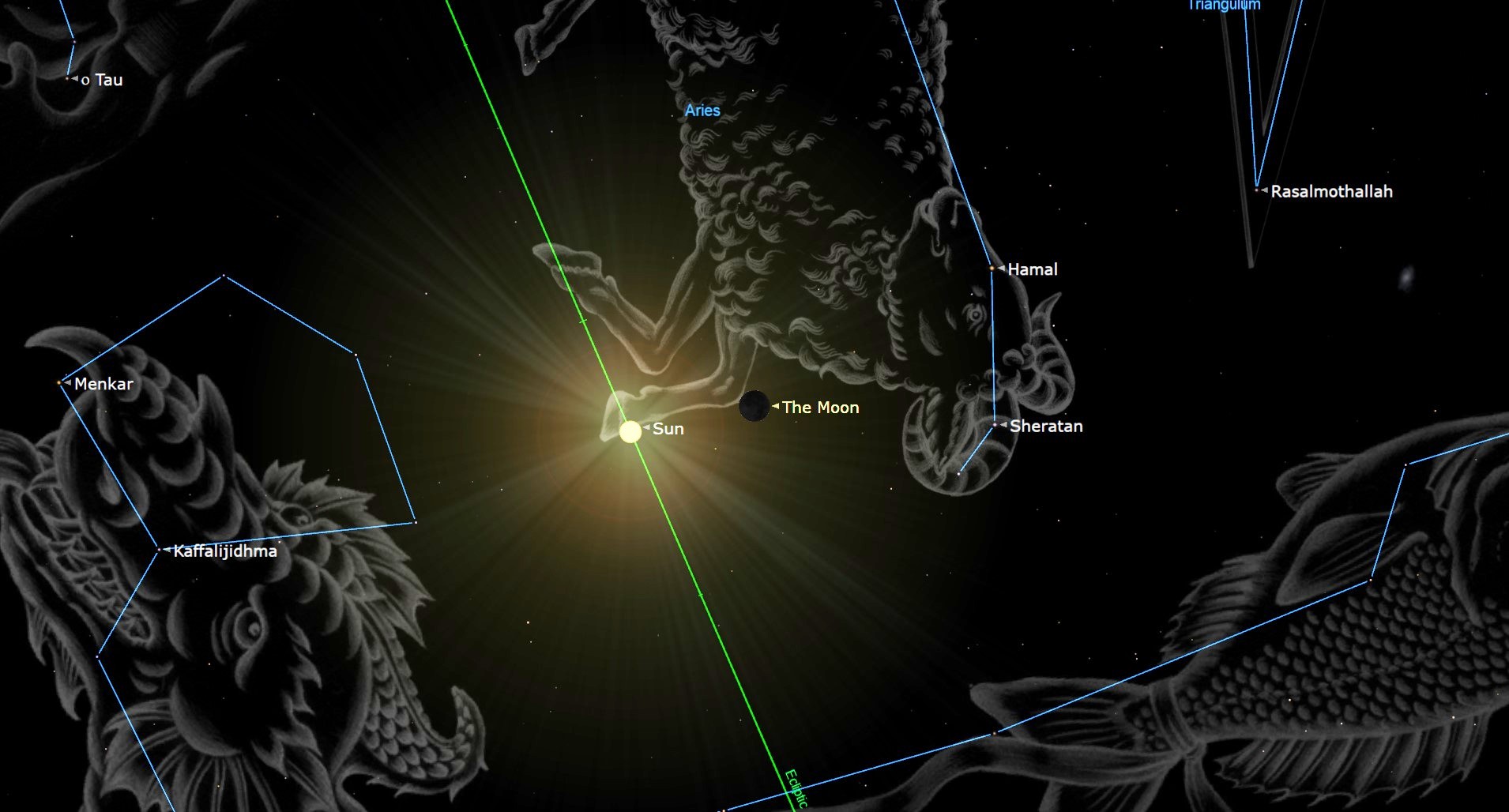
Stefanie Waldek
Space.com contributing writer Stefanie Waldek is a self-taught space nerd and aviation geek who is passionate about all things spaceflight and astronomy. With a background in travel and design journalism, as well as a Bachelor of Arts degree from New York University, she specializes in the budding space tourism industry and Earth-based astrotourism. In her free time, you can find her watching rocket launches or looking up at the stars, wondering what is out there. Learn more about her work at www.stefaniewaldek.com.
Latest articles by Stefanie Waldek
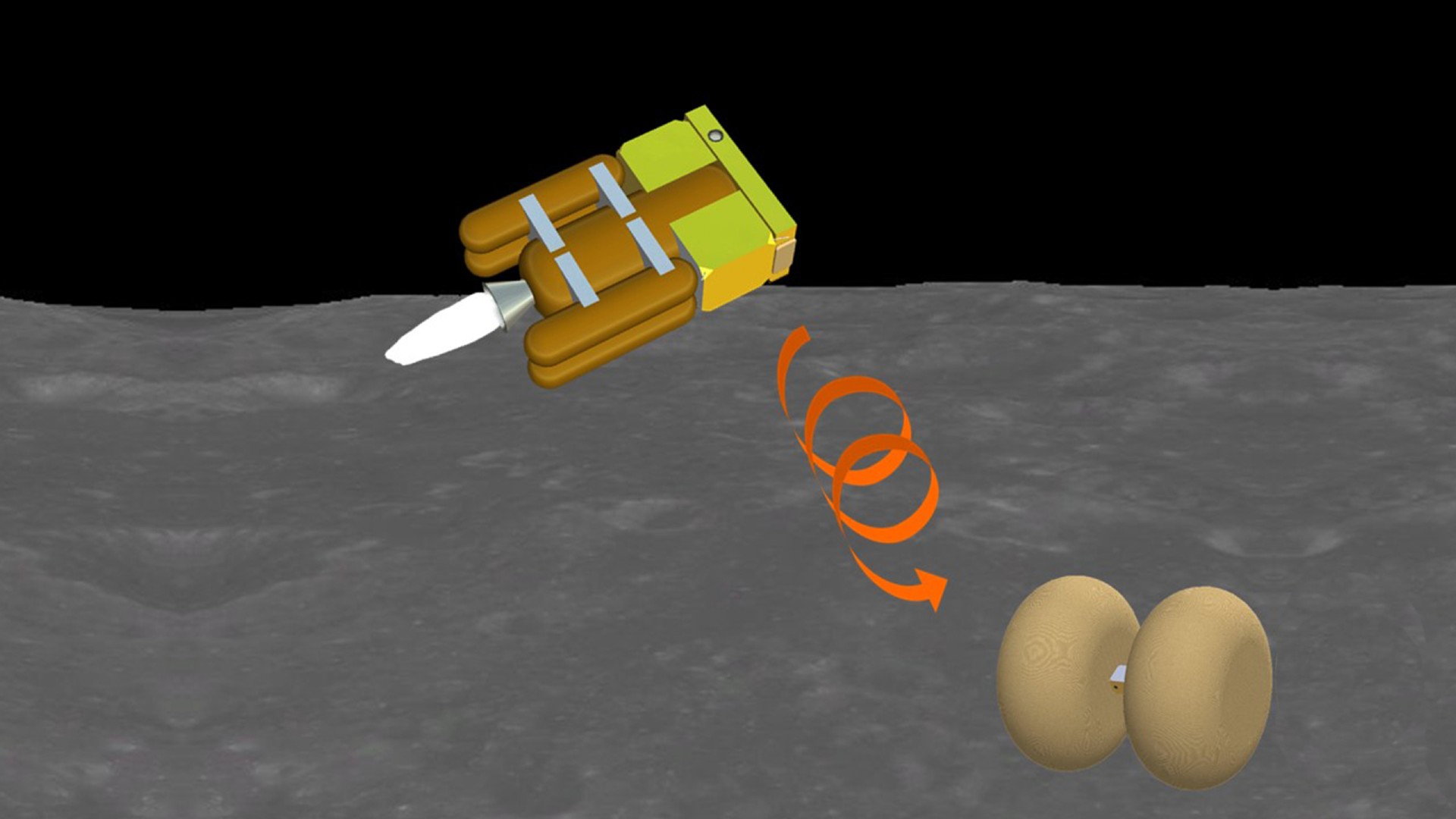
Artemis 1 will carry tiny Japanese lunar lander to the moon
By Stefanie Waldek published
The OMOTENASHI mission is the only secondary payload on Artemis 1 that will have a controlled landing on the surface of the moon.
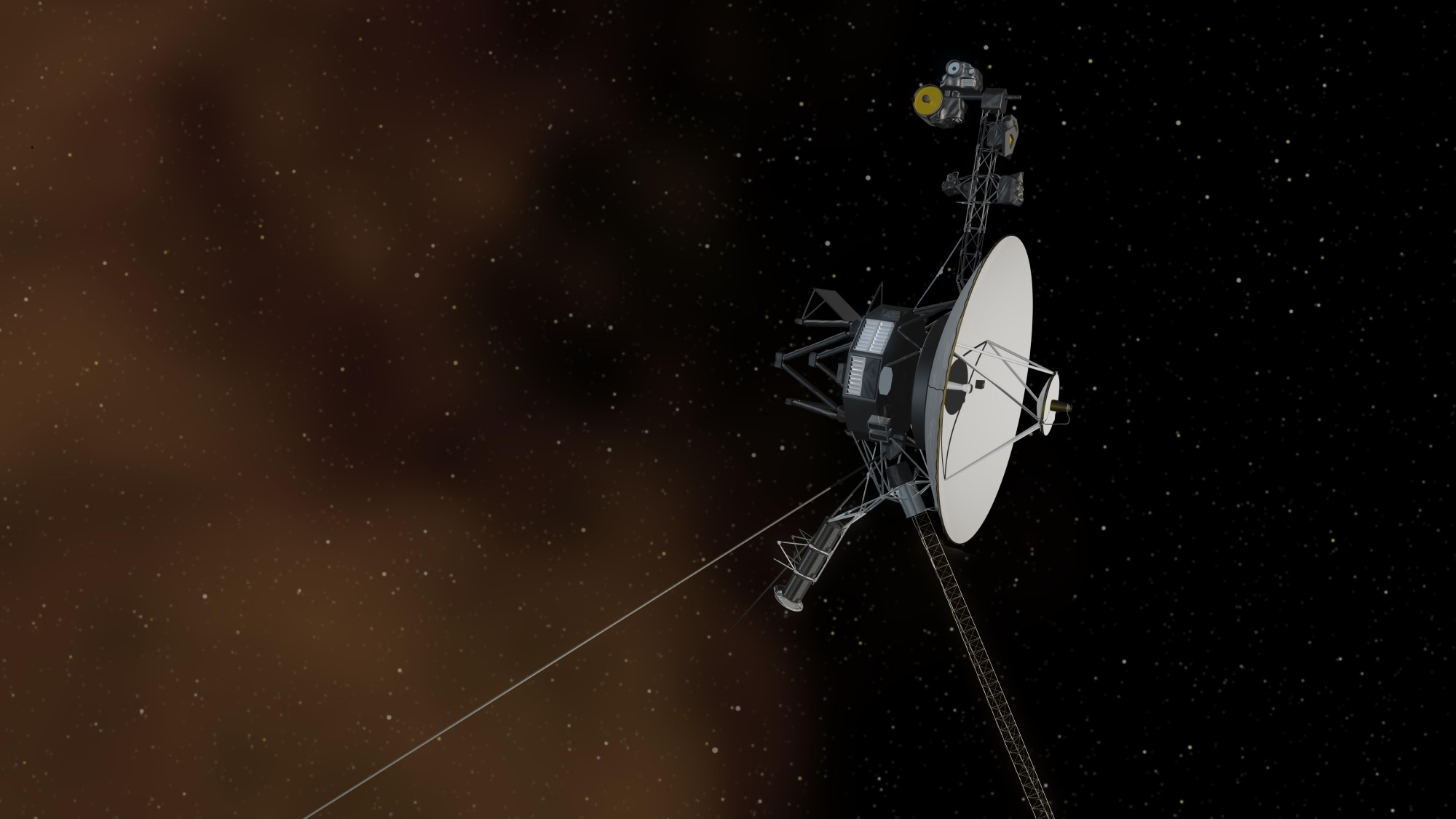
NASA's twin Voyager probes are nearly 45 — and facing some hard decisions
By Stefanie Waldek last updated
Voyager 1 and Voyager 2 continue their slow journeys deep into interstellar space.
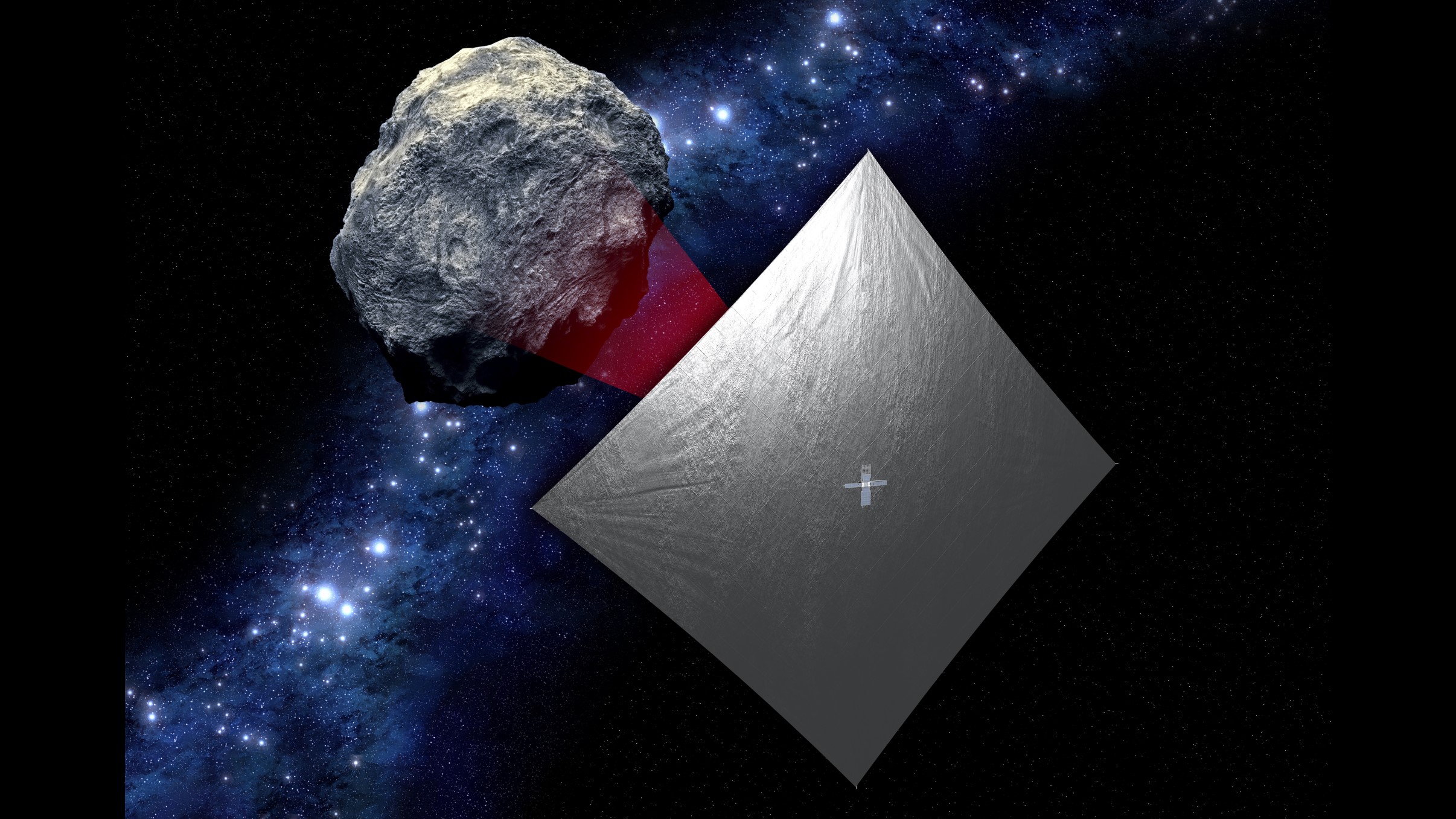
NASA's Artemis 1 mission will carry an asteroid-bound solar sail
By Stefanie Waldek published
NASA's coming megarocket launch isn't just going to the moon, it's going far beyond that — some of its secondary payloads far, far beyond.

NASA's Artemis 1 moon mission will carry the world's 1st deep-space biology experiment
By Stefanie Waldek published
Scientists will study the effects of radiation on yeast in preparation for long-duration crewed missions to deep space.
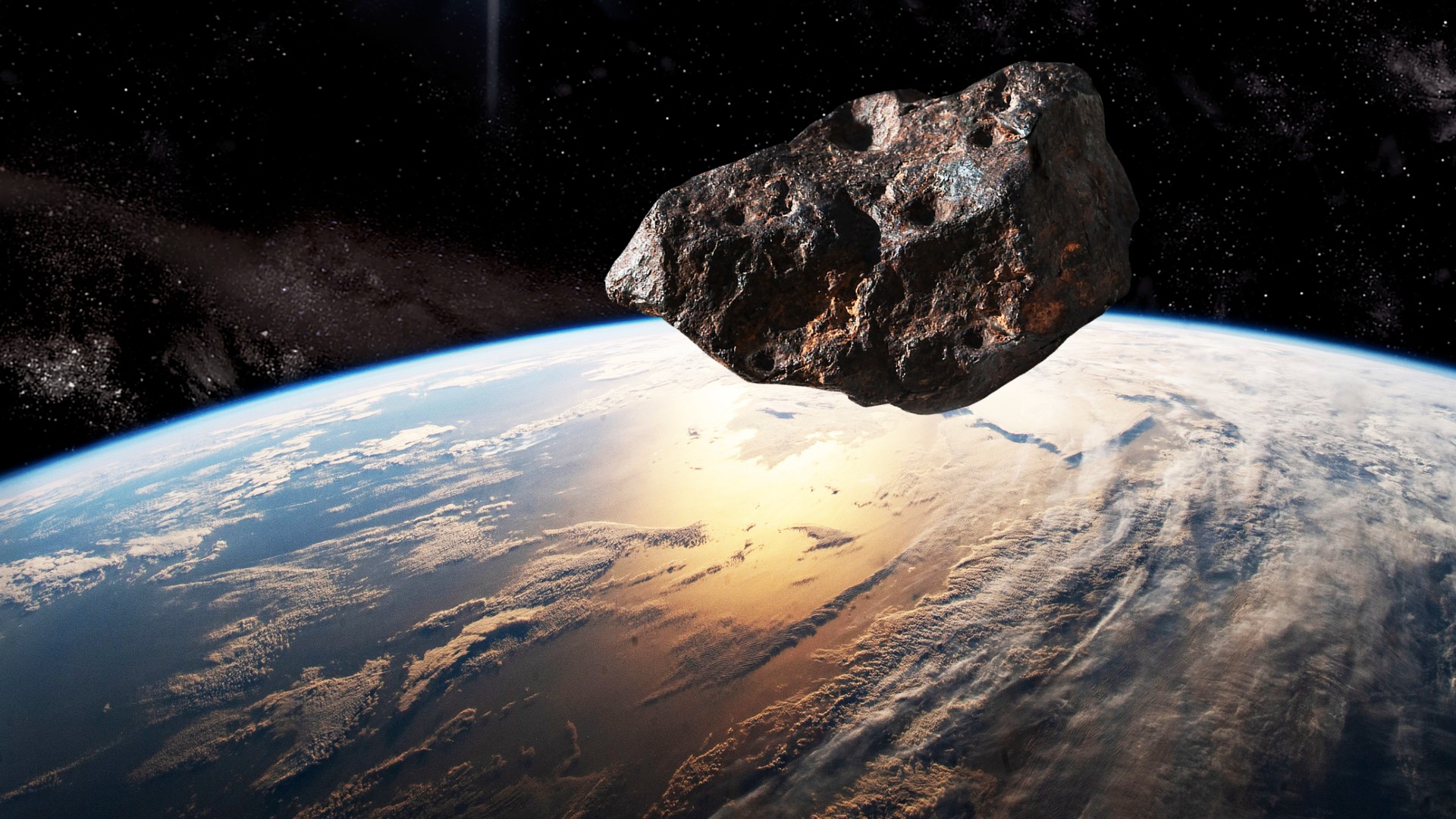
Meteorites that reach the Earth fall from asteroid butts
By Stefanie Waldek published
Scientists studied the trajectory and debris field of asteroid 2008 TC3 to determine which specific parts of the space rock made it down to the Earth's surface.
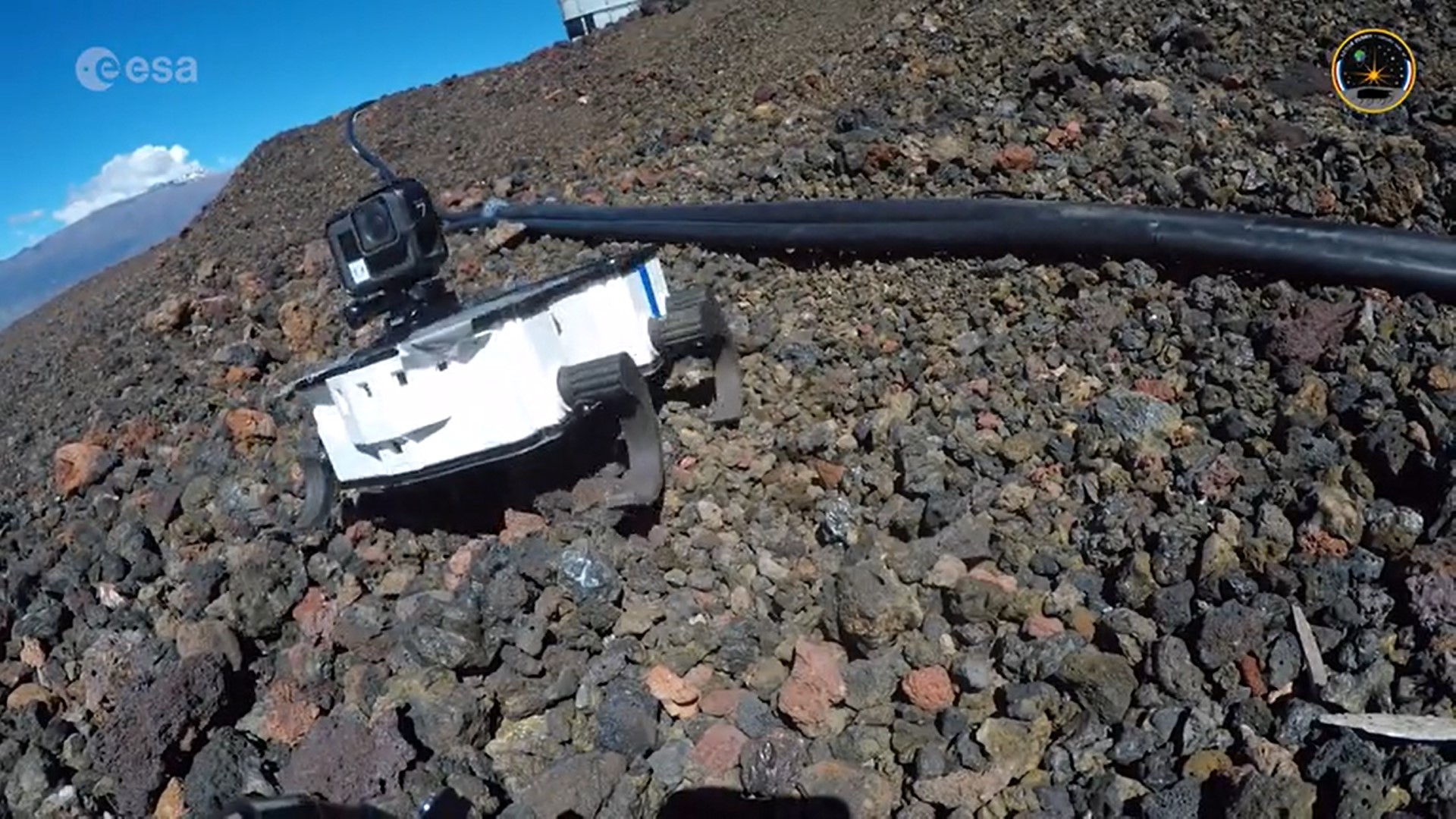
This tiny moon rover has a leg up on traditional spacecraft designs
By Stefanie Waldek published
Students at the Delft University of Technology (TU Delft) in the Netherlands are developing the world's smallest and lightest moon rover, called Lunar Zebro.
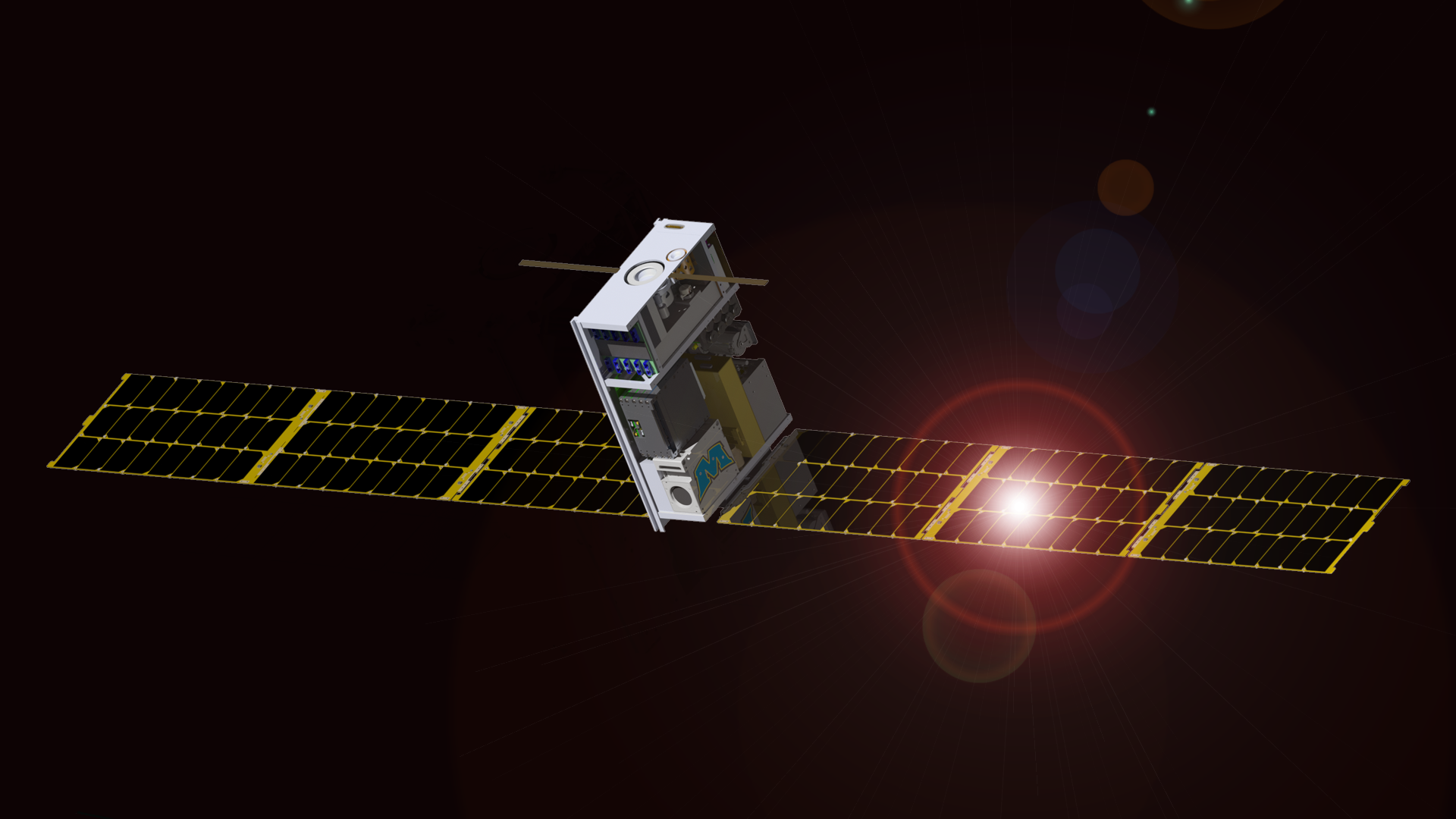
NASA's Artemis 1 moon mission will carry 2 water-seeking cubesats
By Stefanie Waldek published
The Lunar IceCube and Lunar Polar Hydrogen Mapper (LunaH-Map) missions will search the moon for water using two different techniques.

Watch a NASA moon rover complete a lunar obstacle course (video)
By Stefanie Waldek published
A prototype of the lunar rover demonstrated its capabilities in navigating the moon's challenging terrain.
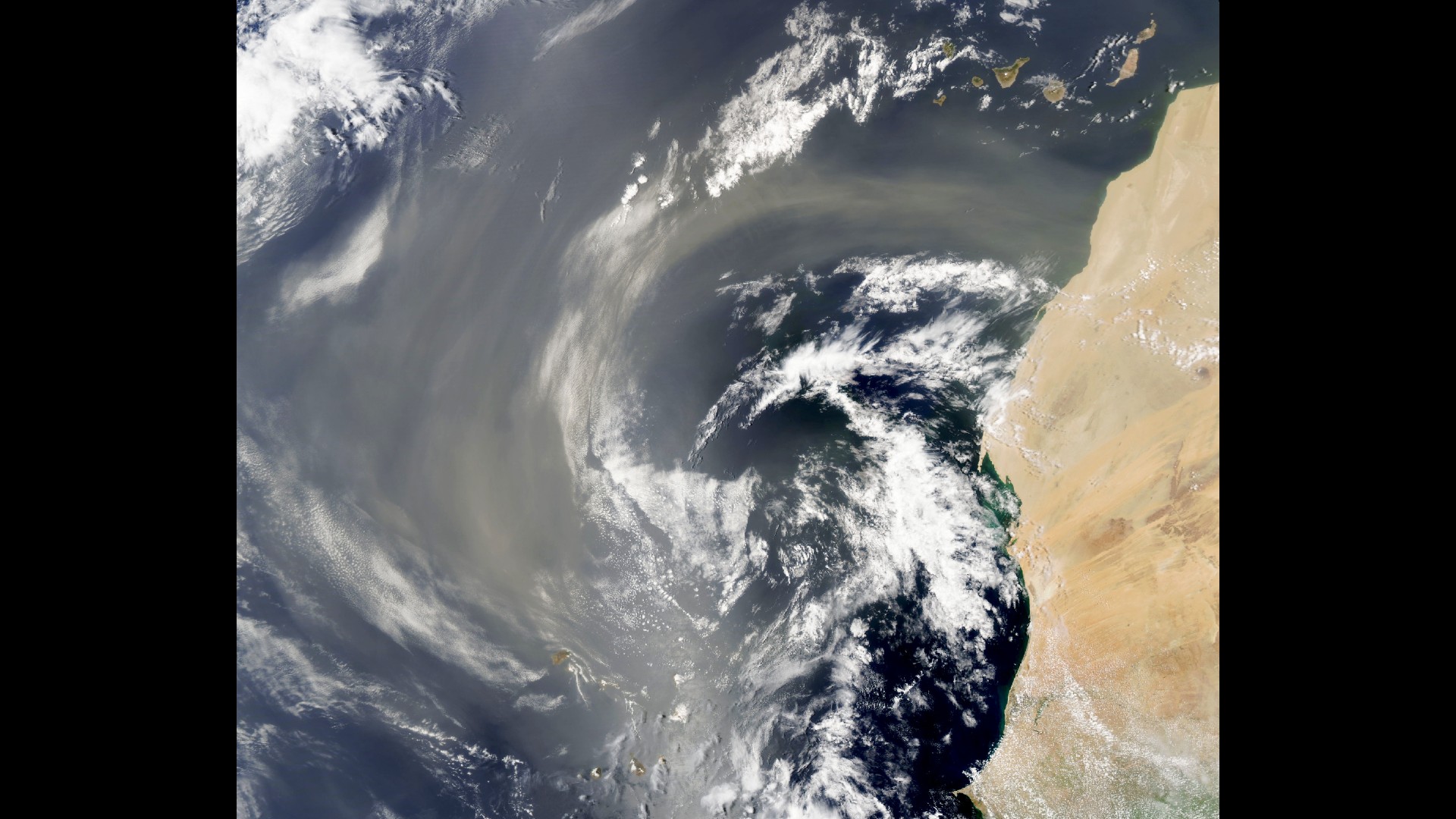
NASA satellite captures Sahara Desert dust plume over the Atlantic Ocean
By Stefanie Waldek published
NASA's Aqua satellite photographed plumes of dust being drawn from Africa's Sahara Desert and sent across the Atlantic towards the United States and the Caribbean.

Hubble Space Telescope captures photo of a dazzling star cluster
By Stefanie Waldek last updated
The Hubble Space Telescope has imaged globular cluster NGC 6638, located in the constellation Sagittarius.
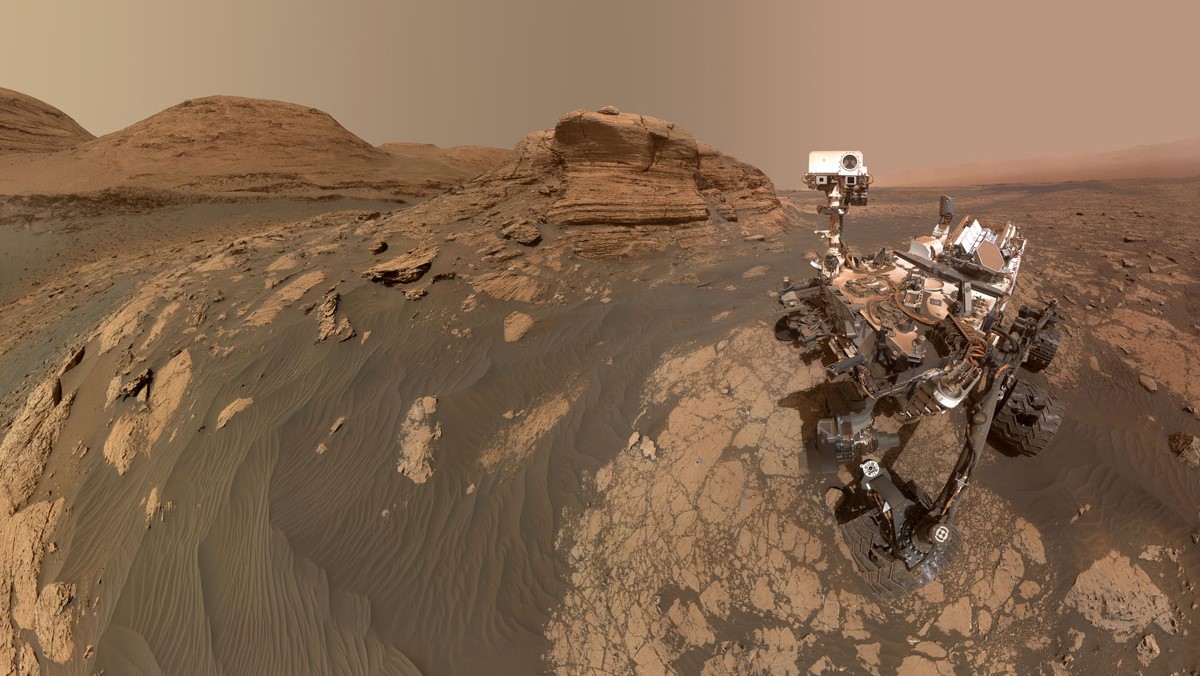
The Curiosity rover has been exploring Mars for 10 years. Here's what we've learned.
By Stefanie Waldek last updated
Curiosity landed on Mars on Aug. 5, 2012, with one main goal: to determine whether the planet was once habitable. In 10 years, it has answered that question and many others.
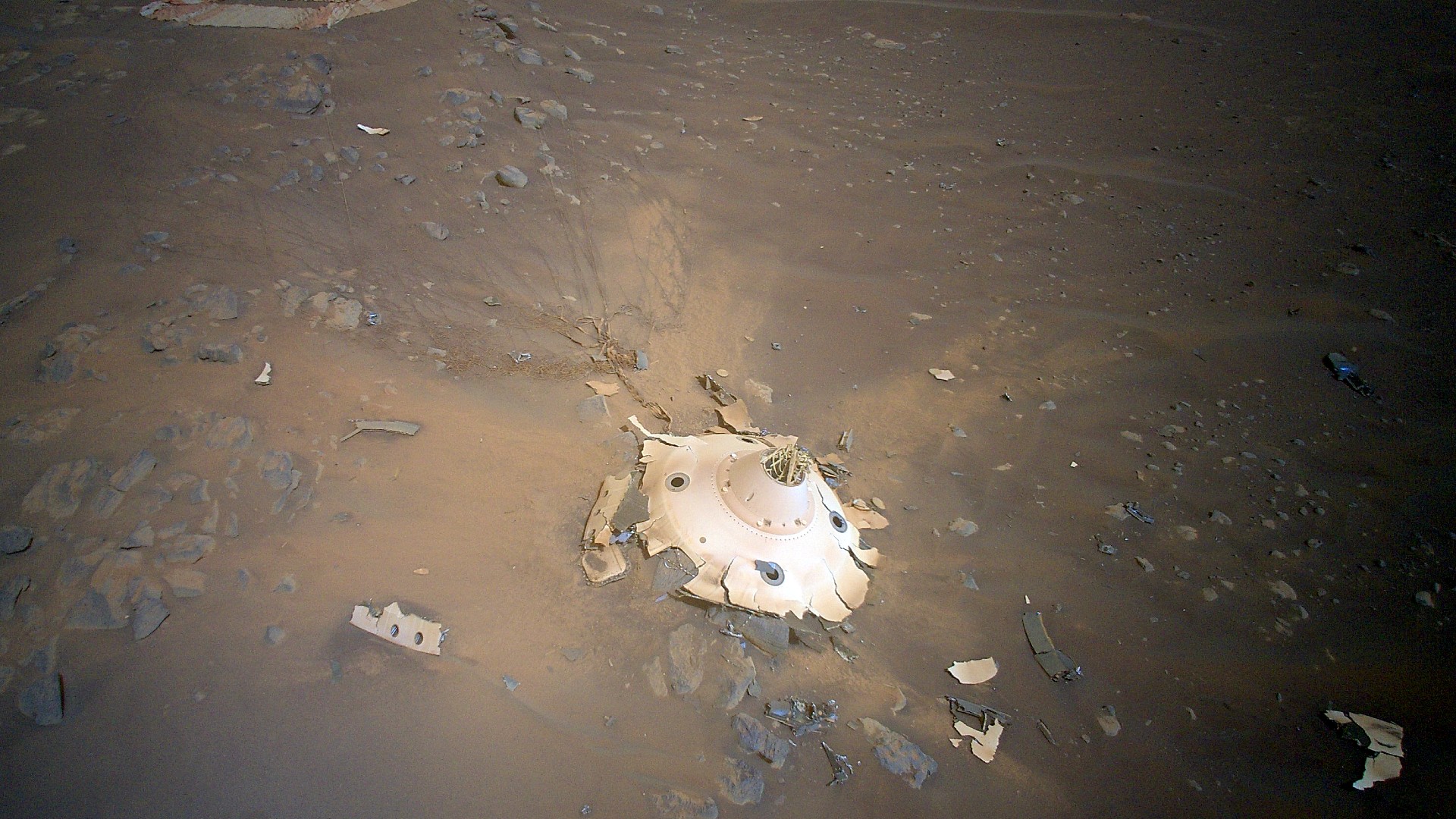
Perseverance Mars rover photographs its own landing debris
By Stefanie Waldek published
As the Mars rover traverses the planet, it's come across pieces of its entry, landing, and descent hardware.
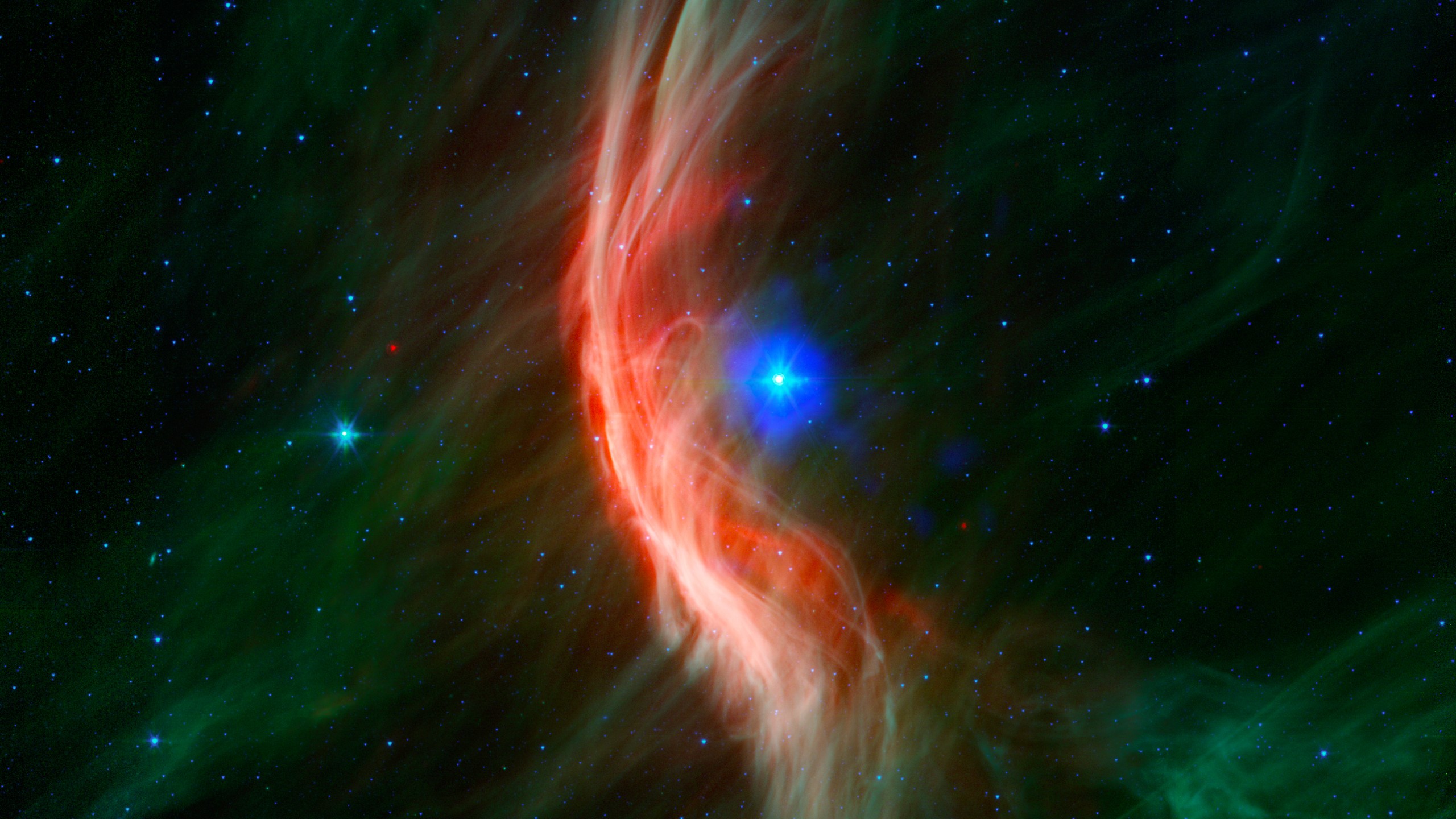
New clues emerge about runaway star Zeta Ophiuchi's violent past
By Stefanie Waldek published
The runaway star is dashing across the galaxy at more than 100,000 mph, thanks to a massive explosion that happened more than a million years ago.
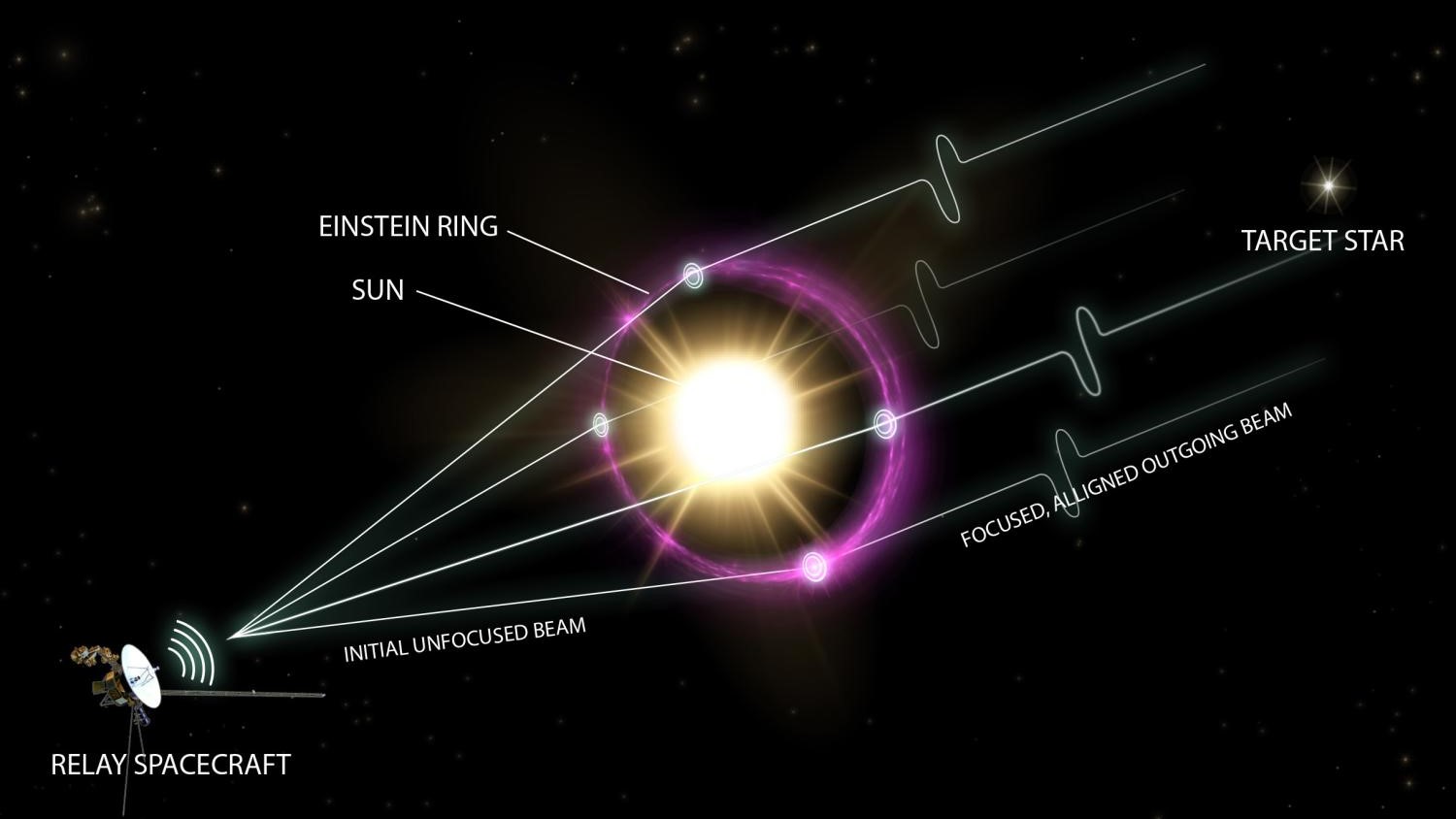
Could we eavesdrop on aliens by detecting signals relayed around the sun?
By Stefanie Waldek last updated
Researchers suggest we may be able to use gravitational lensing to amplify radio waves, allowing us to listen in on communication signals passing through our solar system.

This monster black hole is spinning much more slowly than others. Scientists want to know why.
By Stefanie Waldek published
Scientists have measured how fast a supermassive black hole is spinning, and the result might give us a clue about how the giant formed.
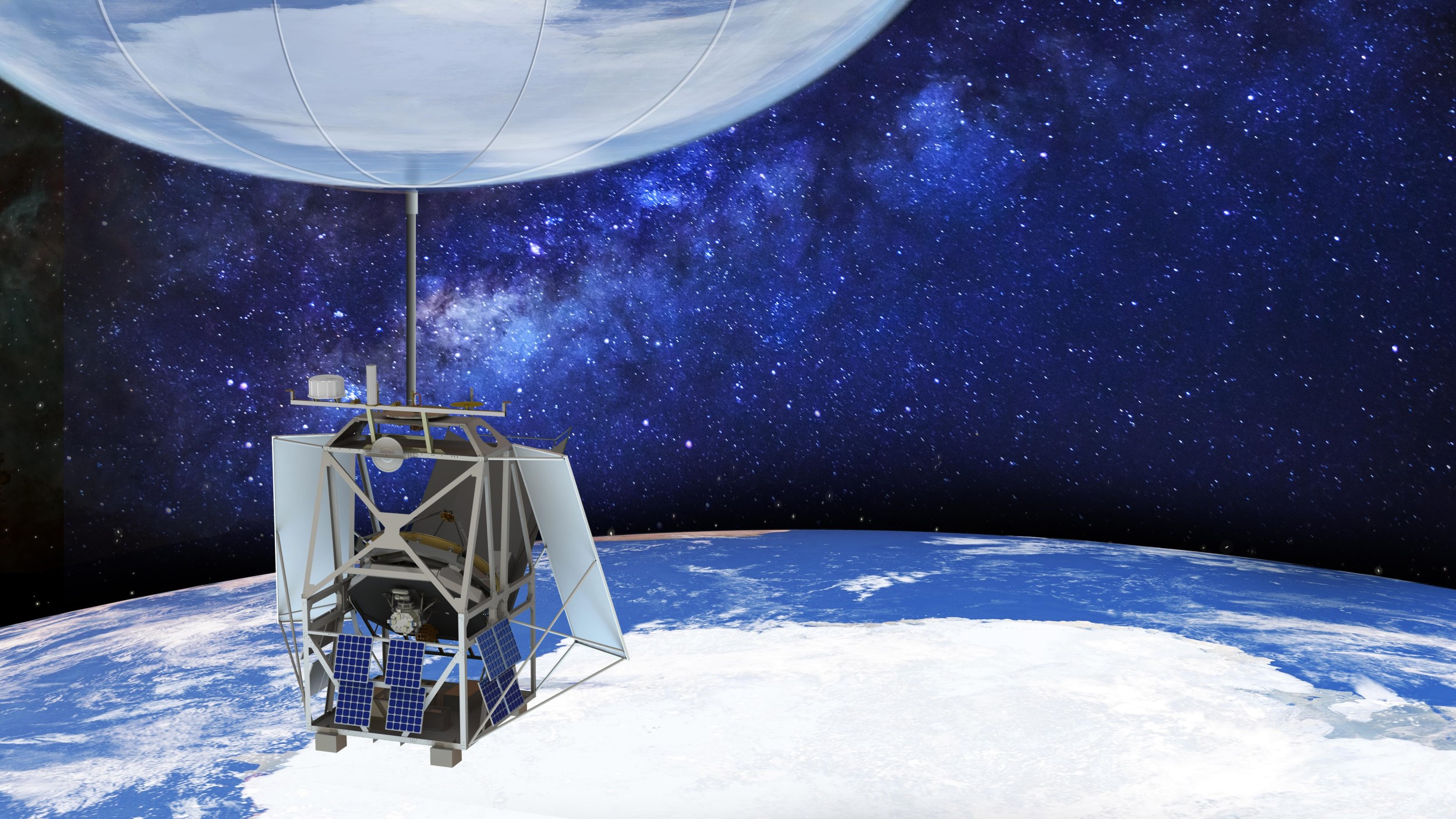
A NASA telescope aboard a high-altitude balloon will float over the South Pole to study a 'star-killer'
By Stefanie Waldek published
The Astrophysics Stratospheric Telescope for High Spectral Resolution Observations at Submillimeter-wavelengths (ASTHROS) will study an unusual "star-killer" phenomenon.

Moon rock trait offers new way to understand impact history
By Stefanie Waldek published
The moon is covered by impact craters large and small, evidence of a violent history of bombardment by celestial bodies like comets and asteroids. But these craters only record some of lunar history.
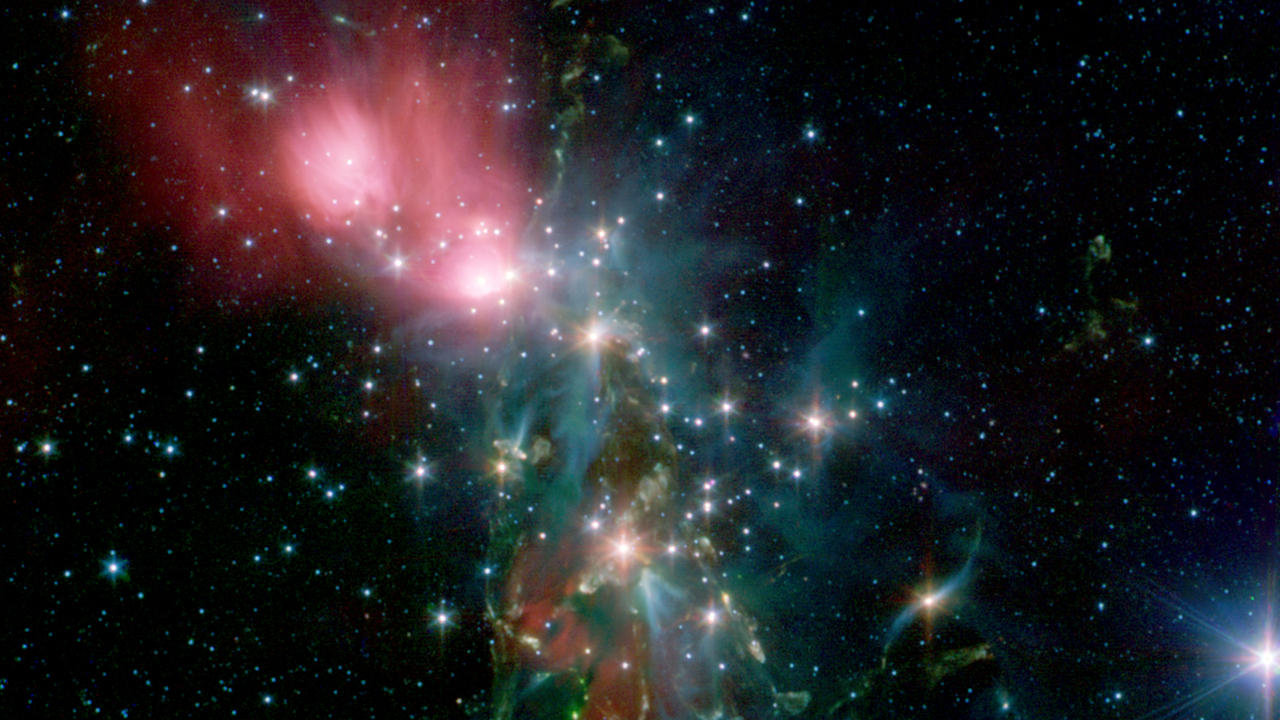
James Webb Space Telescope will get best view yet of 'failed stars' and rogue planets
By Stefanie Waldek published
One of the instrument's early programs includes performing spectroscopy on stellar nursery NGC 133 to spot the small, dark celestial bodies.
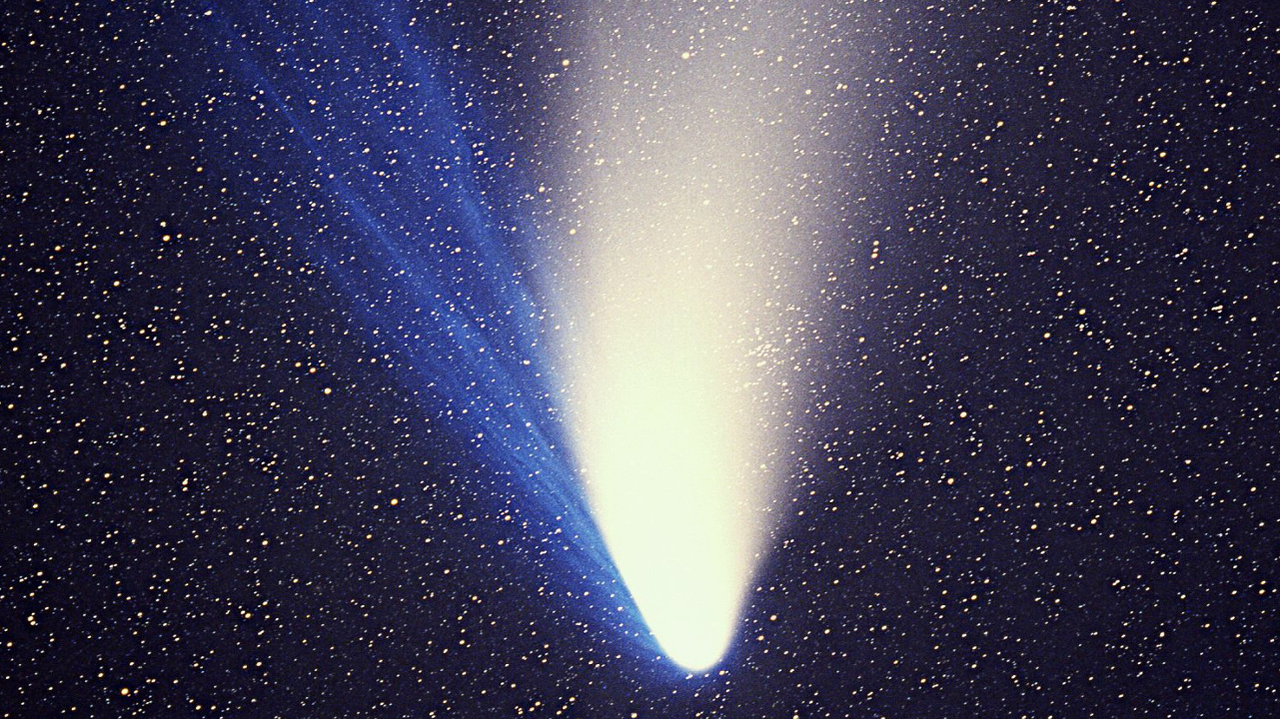
James Webb Space Telescope has comets to catch when science begins
By Stefanie Waldek published
The James Webb Space Telescope's powerful infrared instruments will be trained on three types of comets, potentially providing insight into the solar system's early life.
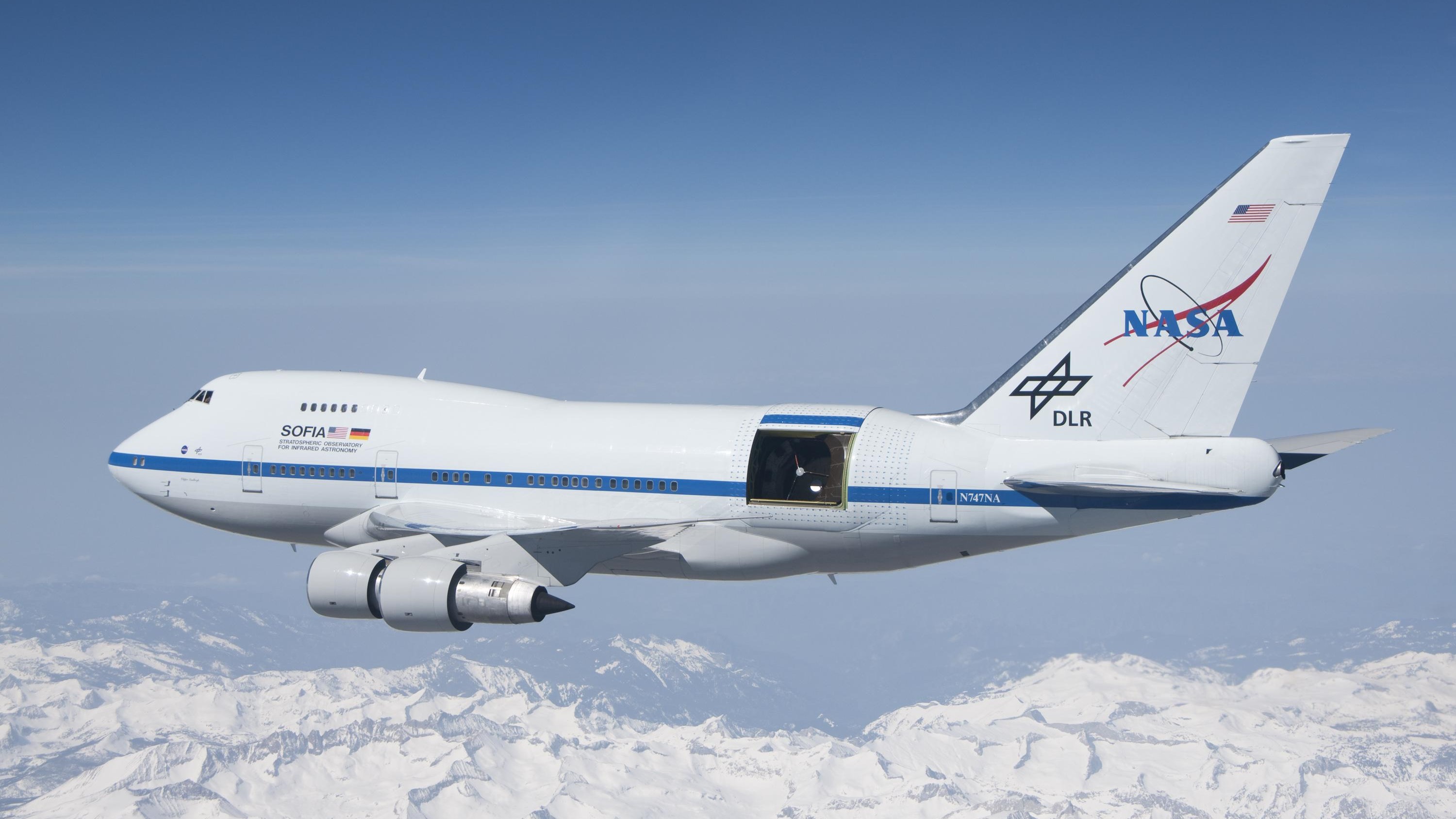
NASA's flying SOFIA observatory is in New Zealand for the last time
By Stefanie Waldek published
For its last international deployment, the aircraft returns to Christchurch for a seventh and final time.
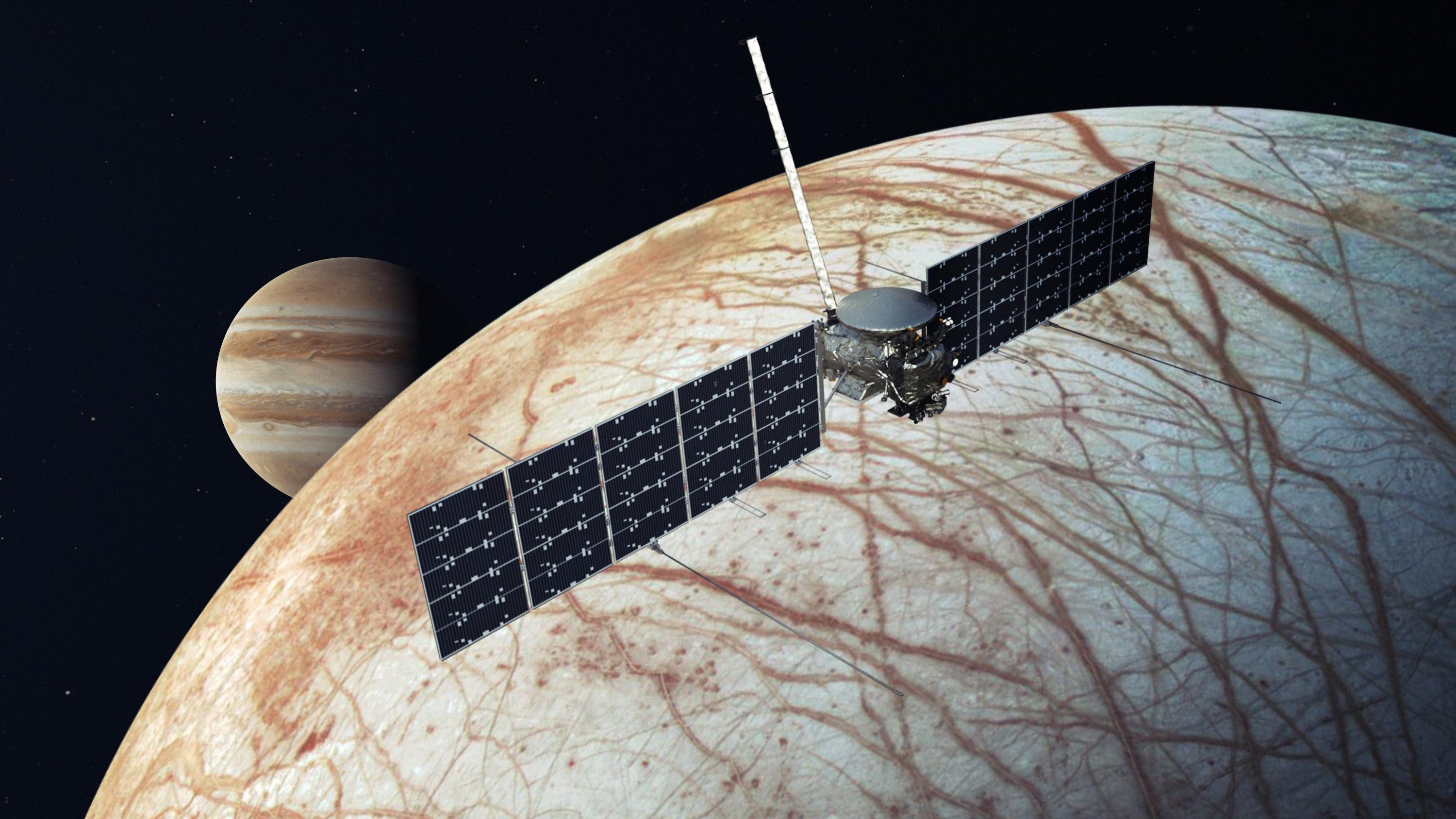
NASA's Europa Clipper may crash into Ganymede, the largest moon in the solar system, at mission's end
By Stefanie Waldek published
The Europa Clipper mission, due to launch in 2024, was originally supposed to crash into Jupiter, but there's been a change of plans.

'Emerging super Crab' might be the most powerful pulsar ever discovered
By Stefanie Waldek published
Sifting through data from the Very Large Array Sky Survey, scientists have observed an object that might be a "pulsar wind nebula."
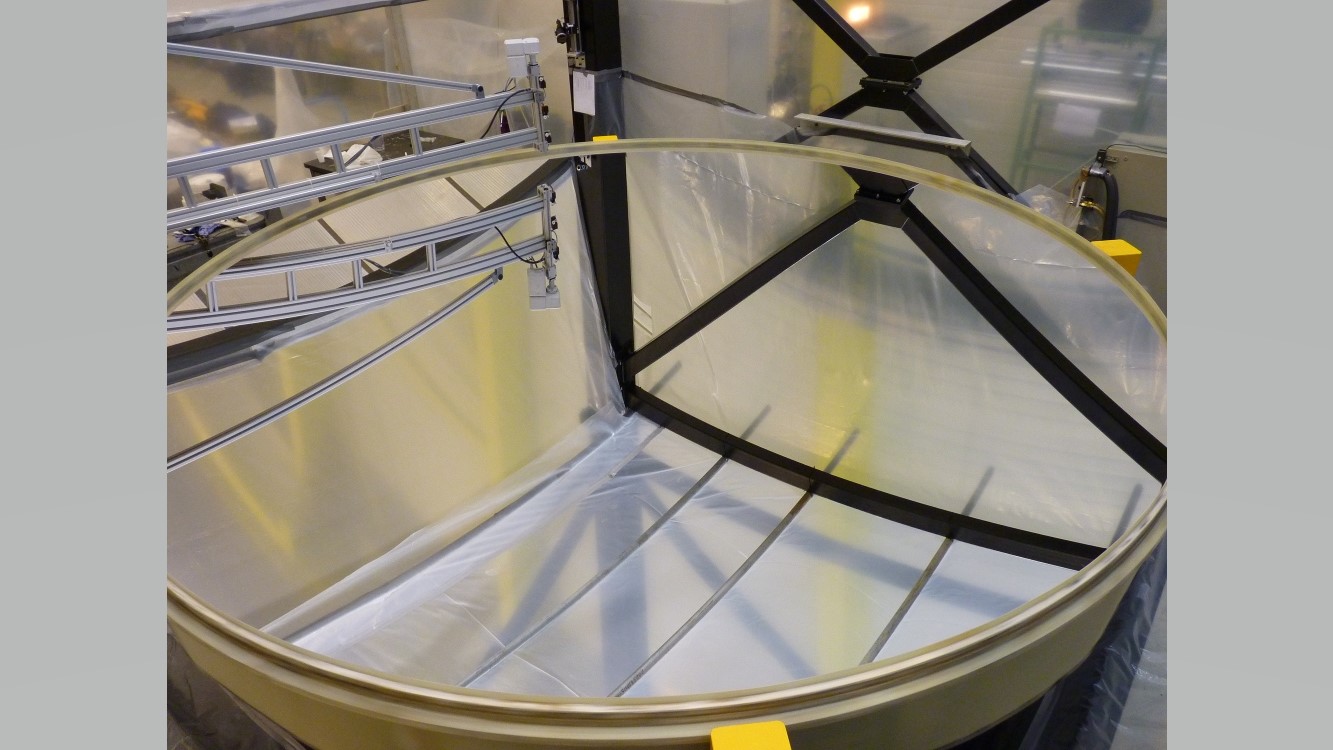
World's largest liquid mirror telescope ready to observe
By Stefanie Waldek published
The 4-meter-wide International Liquid Mirror Telescope (ILMT) at Devasthal Observatory in the central Himalayas comes online.
Get the Space.com Newsletter
Breaking space news, the latest updates on rocket launches, skywatching events and more!
